Iran takes lead role in easing Pak-Afghan rift
Moscow, Beijing among states worried by escalating tensions
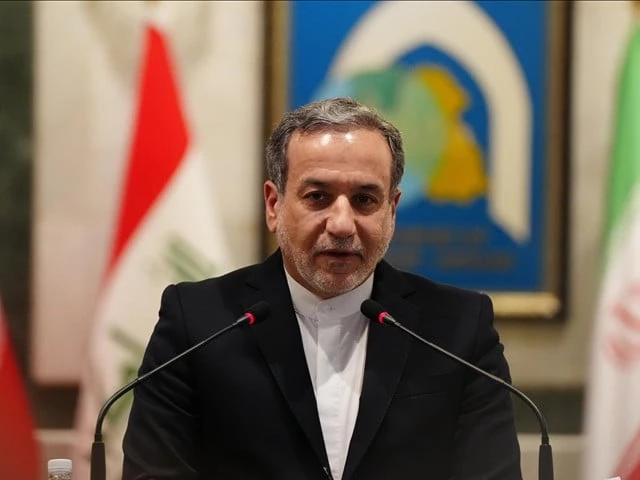
Iran is pushing for a regional meeting aimed at brokering a breakthrough between Pakistan and Afghanistan's Taliban regime, as earlier efforts by Turkiye and Qatar have failed to produce a peace deal.
Over the past few days, Iranian Foreign Minister Abbas Araghchi has spoken to his Pakistani and Afghan counterparts, offering Tehran's good offices to ease tensions between the two neighbours.
On Sunday, Araghchi confirmed at the Tehran Dialogue Forum that Iran was seeking a meeting of regional countries to address the rising Pak-Afghan strain.
Pakistan has welcomed the Iranian offer, with sources indicating that a potential regional gathering could involve Turkiye, Qatar, Iran, Russia and even China.
Following a flurry of telephone conversations with the Pakistani and Taliban foreign ministers, the top Iranian diplomat also reached out to his Russian counterpart. After Araghchi's call with Russian Foreign Minister Sergey Lavrov, Moscow likewise offered to mediate between Islamabad and Kabul.
Regional players, including Iran, Russia and China, fear that escalating tensions between Pakistan and Afghanistan could further destabilise an already volatile region.
Diplomats say they recognise that without improvement in Pak-Afghan ties, the broader region will remain on the precipice. "That's why Iran has entered and many other players to seek de-escalation," a diplomatic source said.
Previous mediation attempts by Qatar and Turkiye could not break the impasse. Three rounds of talks – one in Doha and two in Istanbul – failed to make headway. At the core of the deadlock is the Afghan Taliban's refusal to give a written commitment or agree to a mechanism guaranteeing "decisive and irreversible" action against the banned Tehreek-e-Taliban Pakistan (TTP) and other anti-Pakistan groups.
Although the talks in Istanbul collapsed, the ceasefire technically remained intact. However, the recent bombing in Islamabad and the foiled attempt to replicate the APC-style carnage in Wana, South Waziristan, have pushed the fragile truce to the brink.
Sensing the brewing tensions, regional countries, including Iran, are trying to persuade both sides to give diplomacy another chance. Officials in Islamabad say Pakistan has consistently welcomed dialogue, insisting that Kabul bears responsibility for the stalemate.
While the Taliban regime has not publicly rejected Iran's proposal, the idea of convening regional foreign ministers comes at a sensitive moment. Araghchi has warned that the price of inaction is too high, citing the mounting human toll and the deepening threat to regional stability.
Iran's desire to step in is not new. Tehran has repeatedly expressed willingness to facilitate discussions, most recently after the border skirmishes in October.

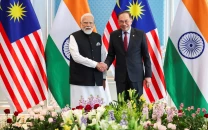
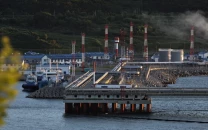
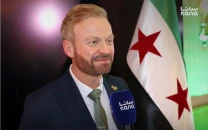
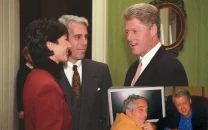
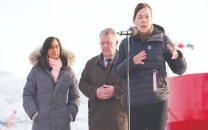
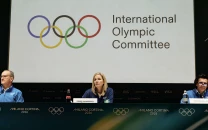













COMMENTS
Comments are moderated and generally will be posted if they are on-topic and not abusive.
For more information, please see our Comments FAQ